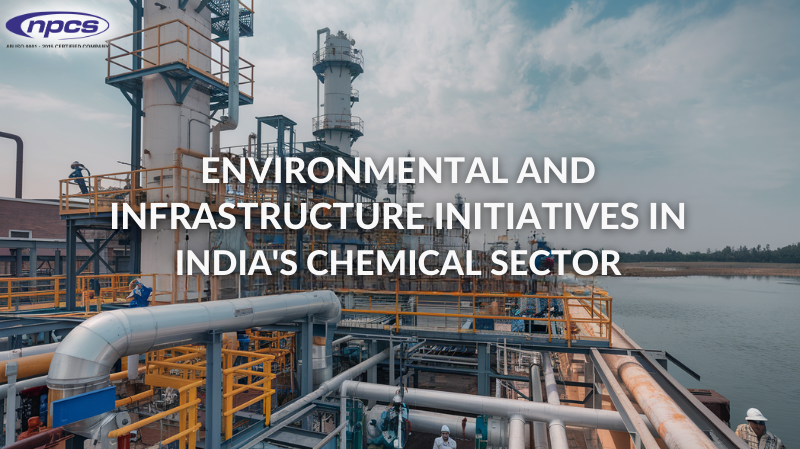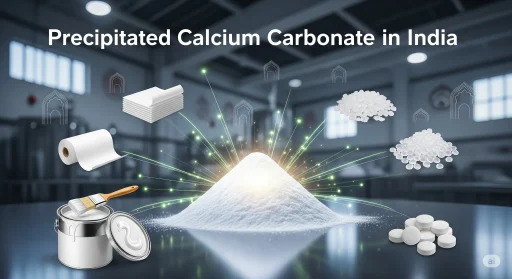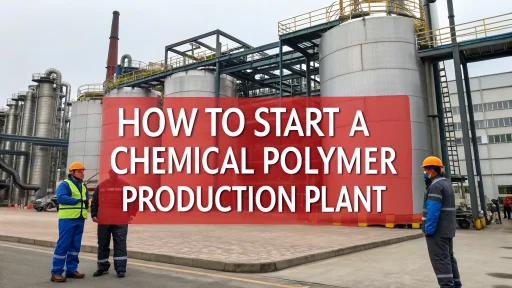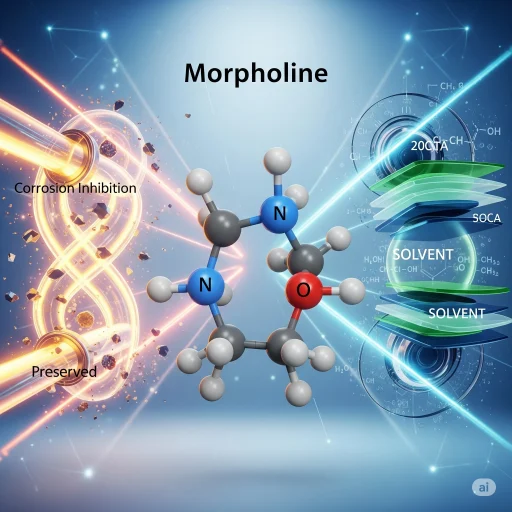Environmental and Infrastructure Initiatives within the country’s chemical industry, including plastics, petrochemicals, and specialty chemicals, are anticipated to be among the major contributors in the growth of the economy. The increasing concern over climate change and the need for infrastructure development by the government, reveals a policy formulating development without compromising the environment.
In line with this, the government has implemented various policy, program and regulatory measures seeking to promote the growth of these industries without compromising the environment. EIA Environmental and Infrastructure Initiatives development plans and policies focusing on assistance for the development of chemical technologies are examples of such measures
Environmental Impact Assessments (EIAs)
Environmental Impact Assessments (EIAs) are also an important component in safeguarding responsible development of chemicals industry in India, amongst other policies addressing the environmental issues. EIA is a compulsory requirement for development projects that are above certain thresholds for instance Petroleum, Chemical and Petrochemical Investment Regions (PCPIRs). These are aimed at assessing possible impacts on the environment and help the decision makers and other interested parties in making decisions that consider the economic gains to be derived and the associated environmental costs.
A project aimed at assessing the impact on the environment in the Paradip petroleum, chemical, and petrochemical investment region in Orissa, is currently underway. The focus is not only on the environmental impact during this stage but also on the impact of displacement during the rehabilitation of the affected people in accordance with the state policies. Regulatory assessment meetings have been held in all concerned regions enabling the citizens to express their opinions. After this process, the concluding EIA will be provided to the Ministry of Environment, Forest and Climate Change for their evaluation of the particular environmental aspects of the dwellings.
Likewise, the PCPIR in the state of Gujarat, being one of the major contributors to India’s petrochemical industry, has received environmental and coastal zone clearances for more than 44,000 hectares of land. The project has provisions for environmental mitigation measures such as action plans for mangroves and mudflats preservation. Maintaining these ecosystems which are essential for the coastal region’s biodiversity has been incorporated in the project developmental plan to ensure that industrial development is not detrimental to the environment.
Infrastructure Development
The other indispensable aspect that the government is focusing more investments in to enhance the wider chemical and petrochemical industries is the provision of good infrastructure. The goal of the infrastructure provision by the government is to facilitate internal and external logistics for such industries making ease for their growth while still remaining competitive in the global arena.
Plastic Parks Scheme
One of the most essential programs is the Plastic Parks Scheme, which strives to create a state-of-the-art foundation for plastic processing units in willing states around India. Under this scheme, ten plastic parks have been sanctioned, and more are in the offing. The parks take a cluster approach and integrate various common facilities and infrastructure within them in order to enhance the local plastic processing industry. For the construction of these parks, which are expected to enhance efficiency and lower operational costs as well as enhance the competitiveness of plastics processing SMEs, the government funds 50% of the construction costs.
Petroleum, Chemicals, and Petrochemical Investment Regions (PCPIRs)
Four PCPIRs are under implementation in Andhra Pradesh, Gujarat, Odisha and Tamil Nadu states. Each of these investment regions is approximately 250 square kilometers in area. It is provided to facilitate the coordinated growth of petroleum, chemicals, and petrochemicals. Such PCPIRs are expected to work as engines of growth, increasing both local and overseas investment. As well as creating large amounts of employment. The encouragement of the Government regarding these areas can also be seen from the fact. That large infrastructure projects are now being undertaken in these areas.
External Infrastructure Linkage
Considering the social and economic objectives of PCPIRs. The government is also emphasizing on creating external linkages for PCPIRs apart from internal upgradation. Providing rail, road, port, airport, telecommunications and such other infrastructure through Public Private.. Convergence is the aim wherein the industries are able to transport raw materials. It finished goods without any hassle, with less logistic costs and more efficiency. The importance of these linkages is paramount in order to ensure that the PCPIRs are able to compete globally.
Research and Innovation in the Chemical Sector
Though Environmental and Infrastructure Initiatives development and environmental policies. They are vital concepts that in one way or another contribute positively the growth trend of chemical sector in India. The government is also aware that intangible assets such as innovations have to be sustained in the quest for the attainment of the most favorable returns. Accordingly, a number of efforts have been undertaken in order to help R and D work in the area. One of them is the establishment of 13 Centers of Excellence in Polymer Technology in selected academic institutions and research centers in the country.
These centers are researching various aspects of sustainable polymers, green transport, wastewater treatment as well as specialty applications. They are expected to help by bringing in new ideas and addressing the issues plaguing the industry. In addition, these centers are important in enhancing academia-industry-government partnership.
Furthermore, the government has launched the Petrochemicals Research and Innovation Commendation Scheme with the objective of encouraging. And rewarding exceptional research and innovation developments in the petrochemical industry. This scheme provides both financial and institutional assistance to researchers and innovators. So that they are able to enhance their technologies into commercial level advancements and implemented in the industry.
Focus on Sustainability and Green Initiatives
The chemical industry in India is rapidly moving on the path of sustainability in consonance with global trends. To begin with, a ha number of steps have been taken to minimize the impact of the industry on the environment. Among them is the growing emphasis on sustainable polymers—an area of polymer science terminology and application. That deals with the creation of eco-friendly polymers which can either be composted or recycled. The increasing focus towards such materials becomes important since non biodegradability of plastics. It has always been one the major environmental concern related to the chemical industry.
In addition, greater attention is paid to green chemistry. It is aimed at reducing the application of toxic materials in chemical manufacturing processes. This includes replacing existing materials considered harmful with safe ones capable of performing similar functions. This focus on the green movement is essential not only from an ecological point of view. But also helps in gaining edge over competitors in markets where such green products are increasingly appealing.
Conclusion
The chemical and petrochemical sectors in India are on the verge of a high growth phase. They are being propelled by the government’s sustainable development, infrastructure building and enterprise promotion strategies. The government has incorporated environmental approve of impact assessment reports whenever industrial activities. They are concerned to ensure that there impact does not harm the ecology. The Environmental and Infrastructure Initiatives, including the Plastic Parks Scheme and the development of PCPIRs. They are critical in providing the necessary foundation for this growth. While external linkages ensure connectivity and global competitiveness.
Research and innovation in polymer technology and sustainable chemicals. It is also a key aspect of the government’s vision for developing a chemical sector of the future. When all these factors come together, India is destined to become one of the most eminent chemical and petrochemical producers. In the near future without compromising pollution control techniques. The continued focus on these areas will not only boost domestic production and exports. It also enhance the country’s standing in the global chemical market, ensuring long-term economic prosperity.
Note: If you have any questions related to opening any manufacturing business , contact us Niir.org
Read related blogs: Npcs blog





